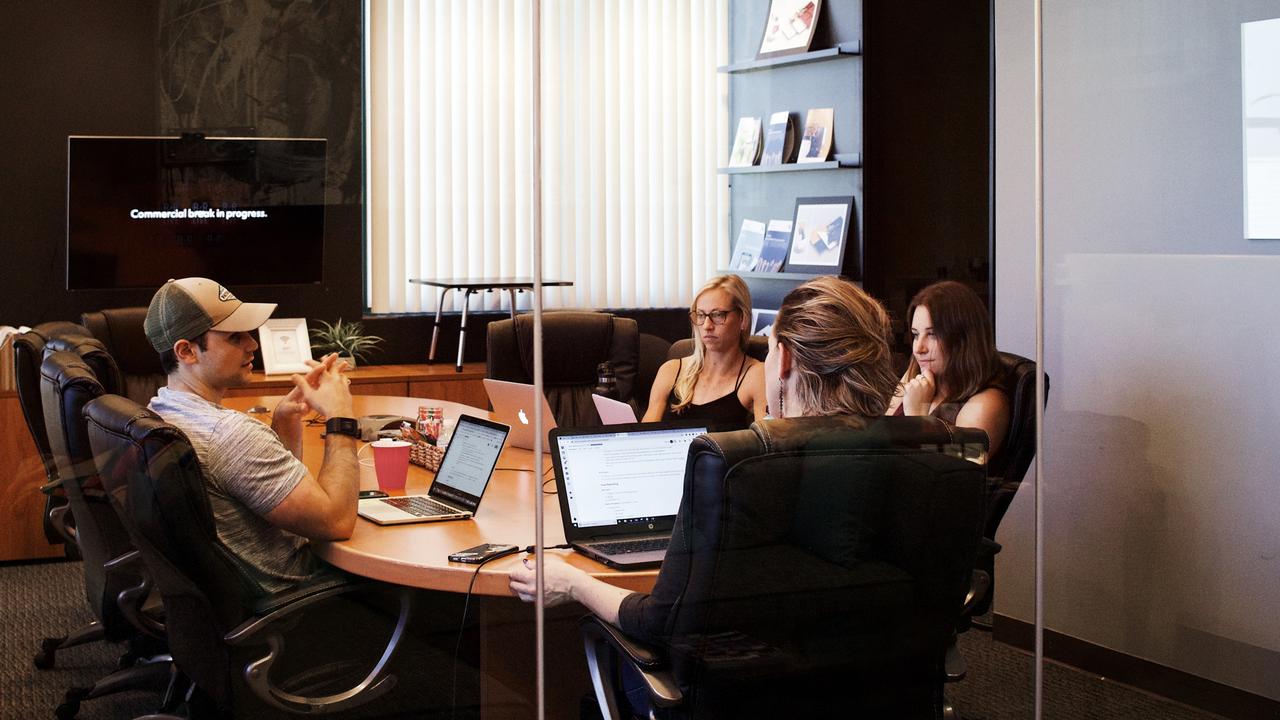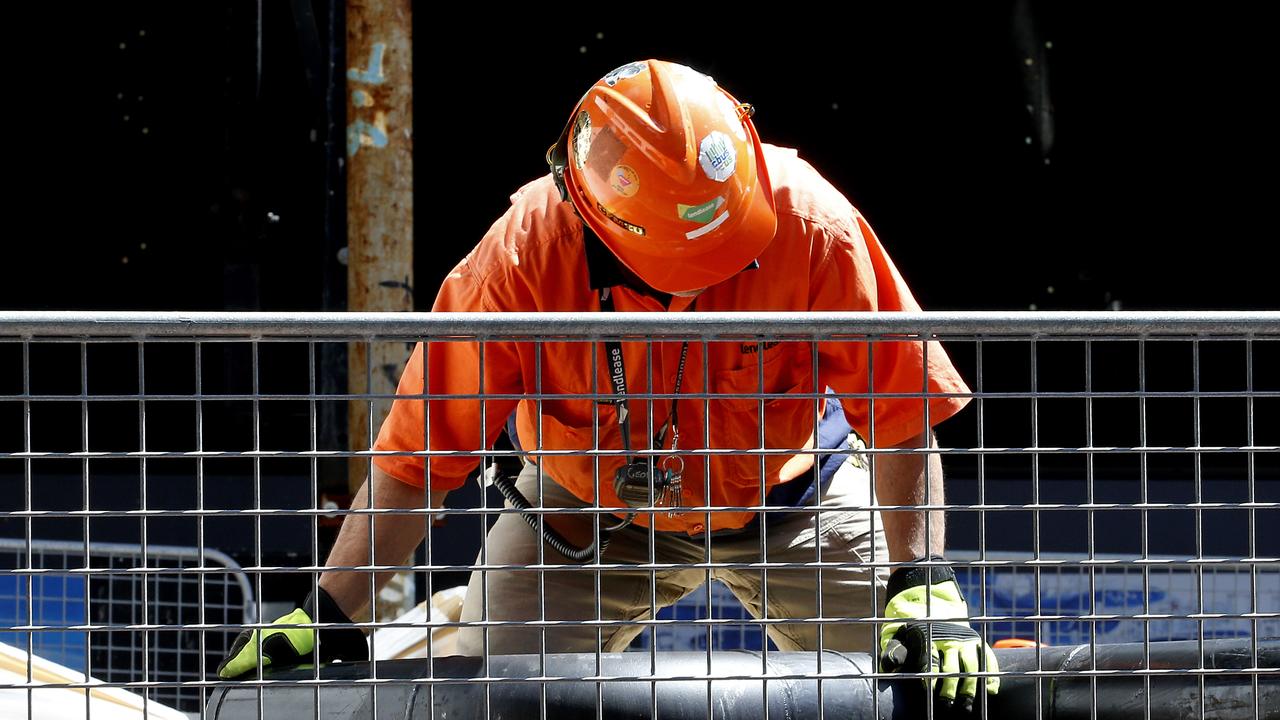Biggest mistakes bosses are making with Gen Z
This generation is struggling in the workplace and there are three things that bosses need to stop expecting from them.

At Work
Don't miss out on the headlines from At Work. Followed categories will be added to My News.
Gen Z graduates entering the full-time workforce for the first time say they feel unprepared for long hours, being managed and dealing with workplace conflict.
A new survey of 3400 people from 11 countries, including Australia, by the Workforce Institute revealed that despite record numbers of university graduates, only half feel adequately ready to enter the workforce.
Just over a quarter (26 per cent) say they aren’t confident when it comes to negotiating, while 24 per cent report feeling underprepared to work long hours and 21 per cent say they don’t feel prepared to be managed by another person.
Almost a quarter (23 per cent) said they’re unsure how to manage workplace conflicts.
Despite that, nearly a third (32 per cent) of Gen Zers believe they’re the hardest-working generation.
However, they admit that they would work even harder for a company that had flexible working options.

While some managers report exasperating encounters with graduates refusing to make phone calls or stay off their phones during meetings, the anecdotal complaints of a new generation might actually be less of an age gap issue than it seems.
“To an extent, we all felt underprepared when we first entered the job market,” Gartner vice president of research and advistory Aaron McEwan said. “I don’t think it is necessarily generational because most of us aren’t prepared for the workforce when we first get into it. We’re not prepared for most things until we do them.”
Mr McEwan said the solution isn’t dragging employees back into an office full-time or reverting to two-hour meetings or overly long emails. Instead, using technology and embracing the digital world where Gen Zers already feel confident in their ability to communicate is the way forward, he said, while employees should also see their lack of confidence as career goals and skills to be fostered.
Monash University Professor Herman Tse said in addressing the problem, managers also need to come to the table and be empathetic to where young workers are coming from.
“We want to try to avoid those trends like quiet quitting and the Great Resignation with this new generation,” he said.
“So adapting to new modes of communication is something managers and employers should pay more attention to and consider how they can easily connect with this generation through one-to-one mentoring or other work opportunities.”
Pointing to other gaps in formal education that leave many without basic life skills like knowing how to file tax returns or change a tyre, Mr McEwan said stereotypes also play a powerful and sometimes negative role for Gen Z with regards to their professional abilities.
“I think there’s a perception from older workers that they don’t have the social skills necessary to work in offices, but you could make a similar claim that those managers and leaders don’t have the necessary skills to operate in virtual workplaces,” Mr McEwan said, adding that reports showing graduates aren’t adequately ready for the workforce have been around for decades.
Despite being the first fully digital generation, the skills graduates report lacking confidence in are those traditionally learned through observation and role-modelling from senior colleagues; an opportunity taken away when the need for remote working environments became the new normal in 2020.
Another important factor in Gen Z’s lack of confidence, Mr McEwan said, is the mental health impact of Covid-19 and the drastic environmental shift young people experienced.
“Most of us enter the workforce under relatively stable conditions and with a baseline level of resilience. When you look at evidence from the past couple of years, we know that the pandemic has impacted mental health to the point where it’s likely to show up in places like confidence and self-belief.”

Despite the challenges, Prof Tse said Gen Zers have a lot more experience with soft skills – such as communication, time management, collaboration, problem-solving and adaptability – than they might think.
He said rather than being ruled by a lack of confidence around these essential skills, it’s about looking for opportunities where you can and faking it until you make it.
“In an online and virtual setting, being able to observe those skills is more limited but they are there. And outside of work, getting public transport, ordering a coffee, being on the street, you’re still talking to people,” he said.
Mr McEwan said organisations need to get more creative with their younger employees.
“It’s about being really intentional around things like collaboration and learning rather than going back to the way things were,” he said.
“Everybody feels hesitant when faced with something they’ve not done before or that they’re unfamiliar with so it’s absolutely natural to feel unprepared. But there’s a degree of perseverance required [from Gen Zers] and you shouldn’t be afraid to come forward with your concerns and ask for help if you need it.”
Katy Hall is a freelance writer
Originally published as Biggest mistakes bosses are making with Gen Z








